Frequently Asked Questions
What is the University of Central Asia’s mission?
The mission of the University of Central Asia (UCA) is to promote the social and economic development of Central Asia, particularly its mountain communities, by offering an internationally recognised standard of higher education and enabling the peoples of the region to preserve their rich cultural heritage as assets for the future.
Who are the founders of UCA?
UCA was founded in 2000 through an International Treaty signed by the Presidents of Tajikistan, the Kyrgyz Republic, and Kazakhstan, and His Late Highness the Aga Khan IV, ratified by their respective parliaments and registered with the United Nations. The Presidents are the Patrons of the University and His Highness is the Chancellor.
What are the academic units of UCA?
UCA has three schools: School of Professional and Continuing Education (SPCE), School of Arts and Sciences (SAS), and Graduate School of Development (GSD).
- SPCE is the leading provider of short cycle professional education courses designed to improve employment and income-generating opportunities. These courses are offered at 16 learning centres, including five in Afghanistan. Learn more.
- SAS offers Bachelors Degree programmes with majors in Computer Science, Communications and Media, Global Economics, and Earth and Environmental Sciences at its residential campuses in Khorog, Tajikistan and Naryn, Kyrgyzstan. Future plans include majors in Engineering Sciences and Business Management. Learn more.
- GSD serves as a hub for conducting multidisciplinary research. Its five distinctive but overlapping research institutes have established thematic expertise in the economies of Central Asia. Learn more.
What undergraduate programmes are offered at UCA?
UCA’s School of Arts and Sciences offers bachelor’s degree programmes with majors in Computer Science, Communications and Media, Global Economics, and Earth and Environmental Sciences at its residential campuses in Khorog and Naryn. Future plans include majors in Engineering Sciences and Business Management.
Where are UCA undergraduate programmes located?
UCA’s undergraduate programmes are located in world-class residential campuses in Naryn, Kyrgyzstan, and Khorog, Tajikistan, near the Tien Shan and Pamir mountains. The Tekeli campus, in the mountain ranges of Kazakhstan, is in the planning stage.
From where do UCA students come from?
About 85% of students come from the Founding States – Kazakhstan, Kyrgyzstan and Tajikistan. Over 15% also come from countries such as Pakistan, Afghanistan, Russia, Iran, Syria and Kenya. Over 70% of students come from rural, mountainous areas.
Does UCA provide financial aid?
Education at the University of Central Asia is heavily subsidised, so that a student’s financial constraints are not a barrier to quality education. UCA’s generous financial aid programme ensures that admission is based on merit, and the ability to pay fees is not a consideration during the selection process.
If you have questions relating to UCA’s undergraduate admissions please visit here.


